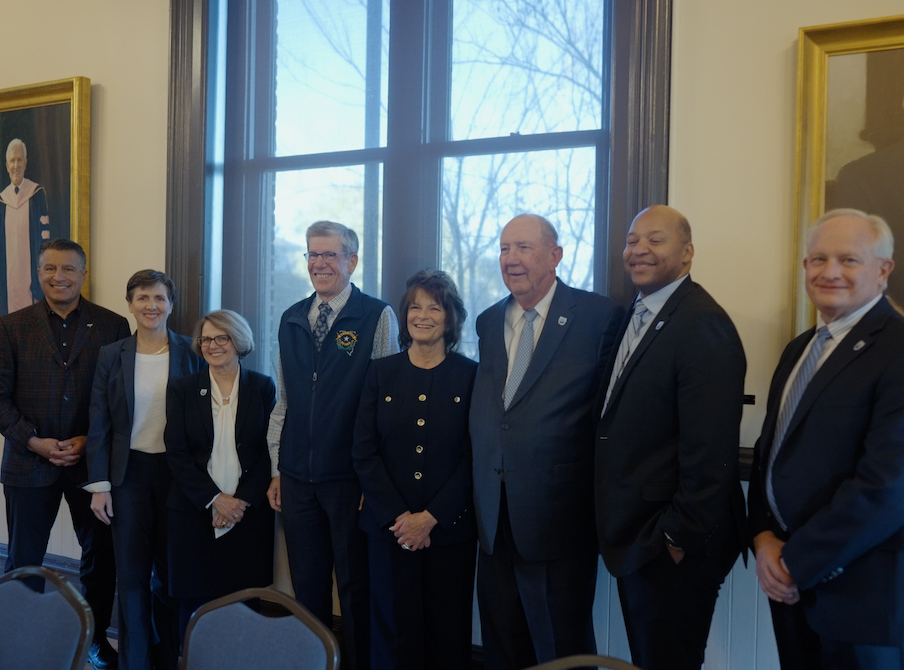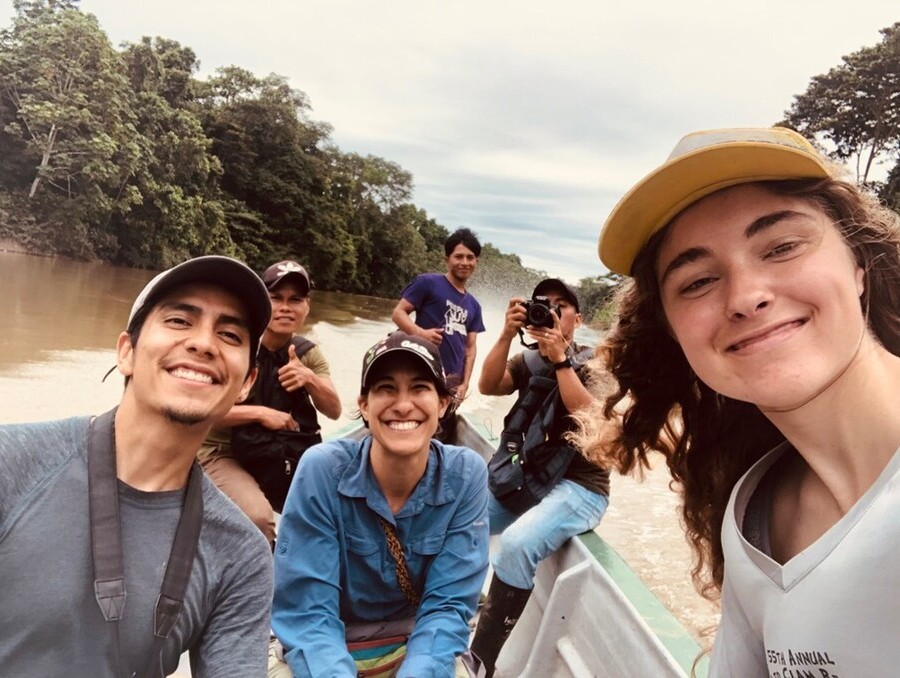The University of Nevada, Reno announced a record $36 million individual gift to the University’s Foundation from the George W. Gillemot Foundation. This gift, with Nevada System of Higher Education Board of Regents approval, will create the George W. Gillemot Aerospace Engineering Department within the College of Engineering, and will provide next generation technology that will transform the visual experience within the George W. Gillemot Dome in the College of Science’s Fleischmann Planetarium. The gift from the Gillemot Foundation to the University’s Foundation is the largest individual cash gift the University has ever received in its 149-year history.
“The University is humbled and honored to be a part of fulfilling the legacy of George W. Gillemot and his vision of preparing exceptional aerospace engineers to meet the needs of the growing aeronautics and aerospace industries,” University of Nevada, Reno President Brian Sandoval said. “This milestone gift from the George W. Gillemot Foundation speaks to the strong commitment of the Gillemot Trustees to meet the needs of Nevada’s future, as an investment in the success of our students, faculty and staff whose innovative work is driving the next great chapter in our state’s history. This is a historic day for our University and the State of Nevada. The University is extremely grateful for this generous gift.”
George W. Gillemot, who passed away in 2022 at age 96, had a distinguished, influential and highly innovative career in the communications technology industry. He developed and manufactured products using patent-level technologies for telephone and communications companies worldwide. An engineer, World War II veteran, and longtime resident of Glenbrook, Nev., Gillemot was awarded an honorary doctorate from the University in 2000 for his longtime support. His vision was to always expand the aeronautics industry in Nevada, which he felt was essential to the future of the state through its need for education, research and innovation.
“George W. Gillemot was an aviator, inventor, entrepreneur, philanthropist and dreamer, as well as a lifelong learner,” Tom Hall, Trustee for the George W. Gillemot Foundation, said. “In September 2003, George proposed a new school of aviation and aerospace at the University of Nevada, Reno. This was to fulfill his passion for flight, but also to serve as a catalyst for learning, investigation, research, workforce development, and economic renewal for Nevada. George was ahead of his time, and now, we are establishing the George W. Gillemot Department of Aerospace Engineering at the University, just as George had dreamed and intended.”
University Executive Vice President and Provost Jeff Thompson said the gift will position the University to attract aerospace engineering faculty who are at the peak of their careers and conducting advanced research that changes the trajectory of the industry and the way aerospace advances. University students will be learning from and working with individuals who will be developing the aerospace industry in the state for years to come. He noted, too, that the investment in the future of the Planetarium propels the University forward to meet a critical need in producing key science- and education-based outreach to the community.
“This gift is going to accelerate our national standing in the rapidly changing aerospace field and will ensure that the Planetarium remains at the center of some of the most meaningful academic research and community outreach for the University,” Thompson said.
Approval of the Aerospace Engineering Department will be requested from the Nevada System of Higher Education Board of Regents. Curricular development will be done in alignment with the Accreditation Board for Engineering and Technology (ABET). The first bachelor’s degrees in Aerospace Engineering are expected to be awarded in three to five years.
The Fleischmann Planetarium and Science Center, which opened its doors in 1963, will use the DomeX theater technology to fundamentally change the current projector-based video display with real life visual clarity. This state-of-the-art LED technology illuminates the dome surface, creating a video display with contrast and brightness that puts the participant at the center of spectacular and vivid views.
“This advanced technology is a game-changer,” Thompson said. “It creates a depth of range through the new technology of building LEDs directly into the dome’s surface. The new dome will complement and enhance our Aerospace Engineering Department as well.”
Equally important, Thompson said, the Gillemot gift will help fund cost of attendance and fee waivers for K-12 students who visit the facility each year with their schools.
“Science education is critical to engaging and inspiring children toward careers in STEM,” Thompson said. “The Fleischmann Planetarium and Science Center are essential to advancing scientific literacy, in our community where 37 out of 65 elementary schools are Title One or Title One eligible. School field trips to the Planetarium and are an invaluable exposure for students to what a life of science could be like.”
















